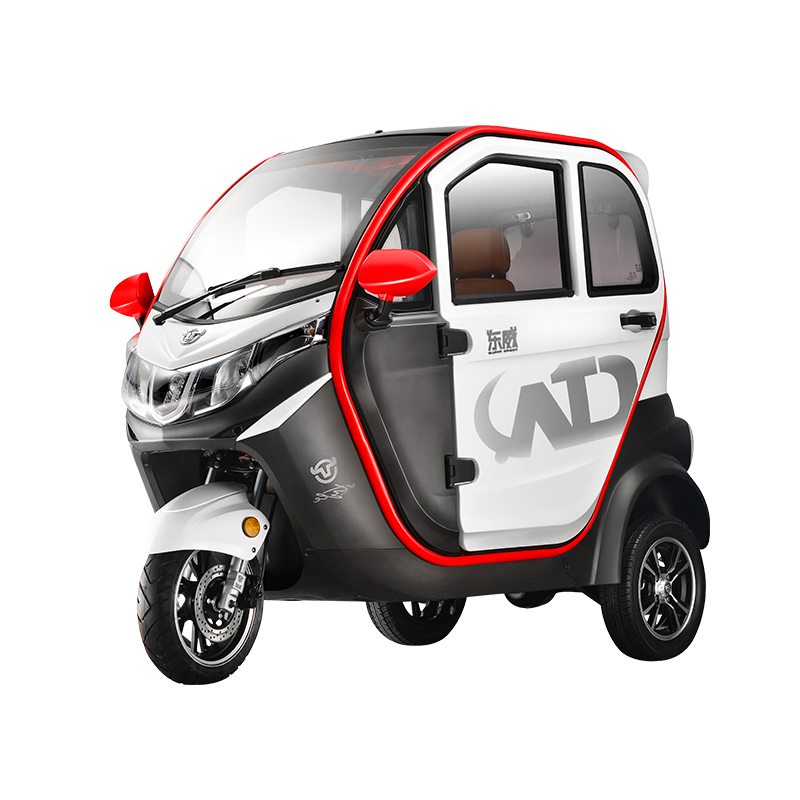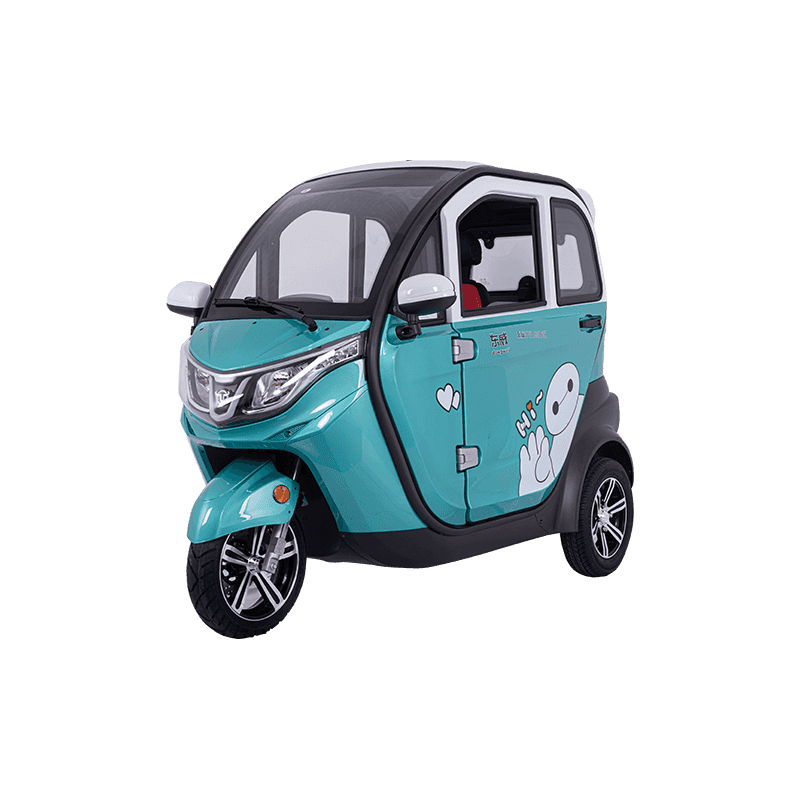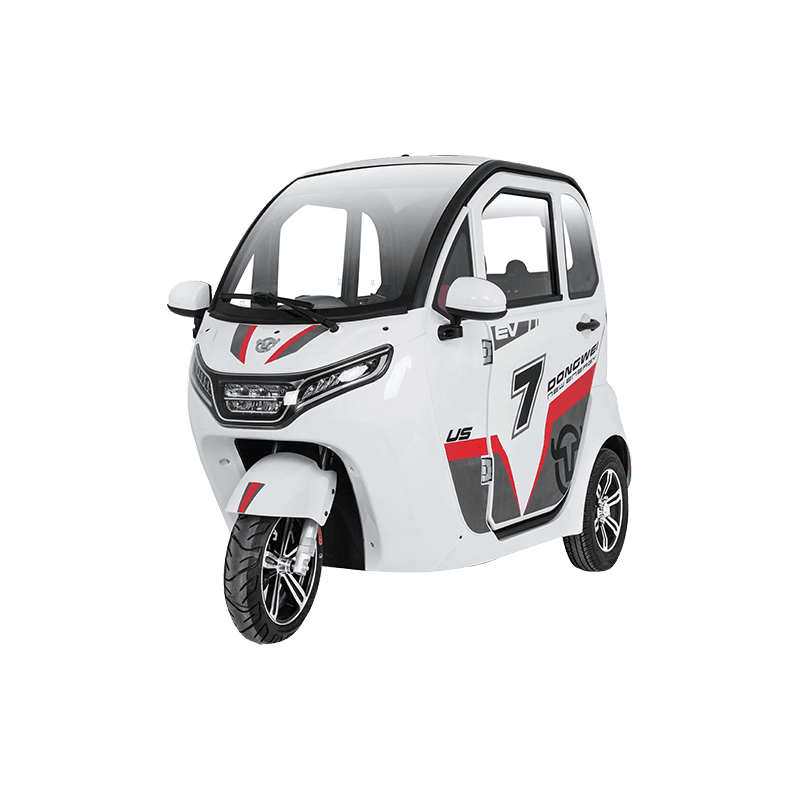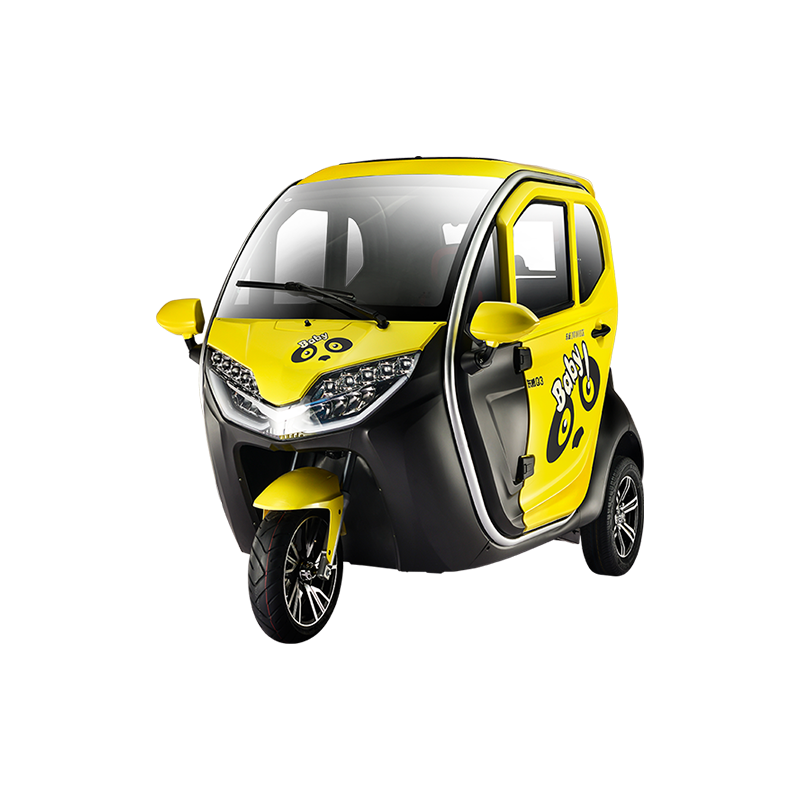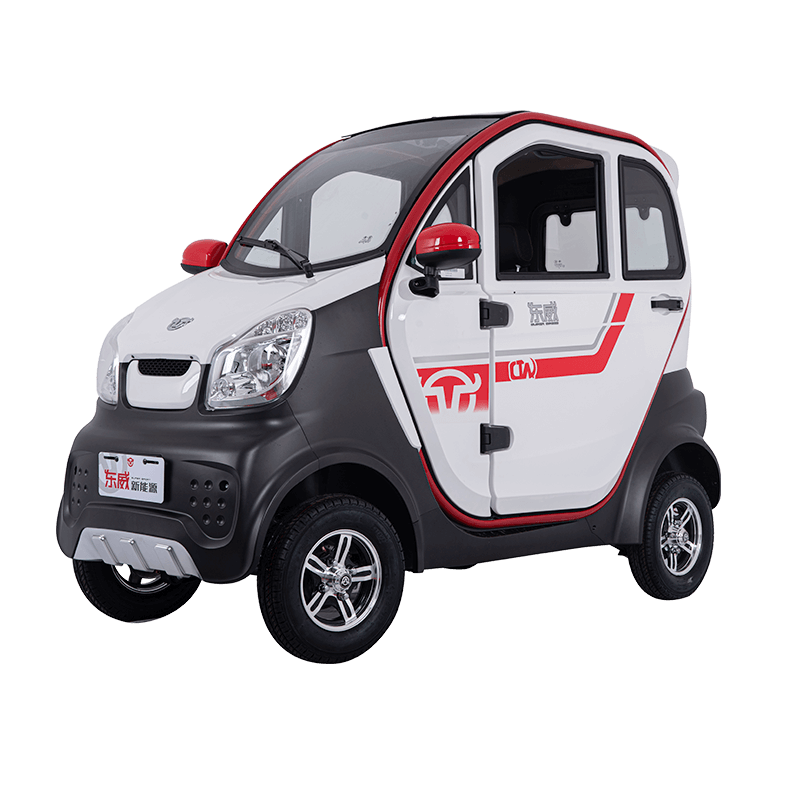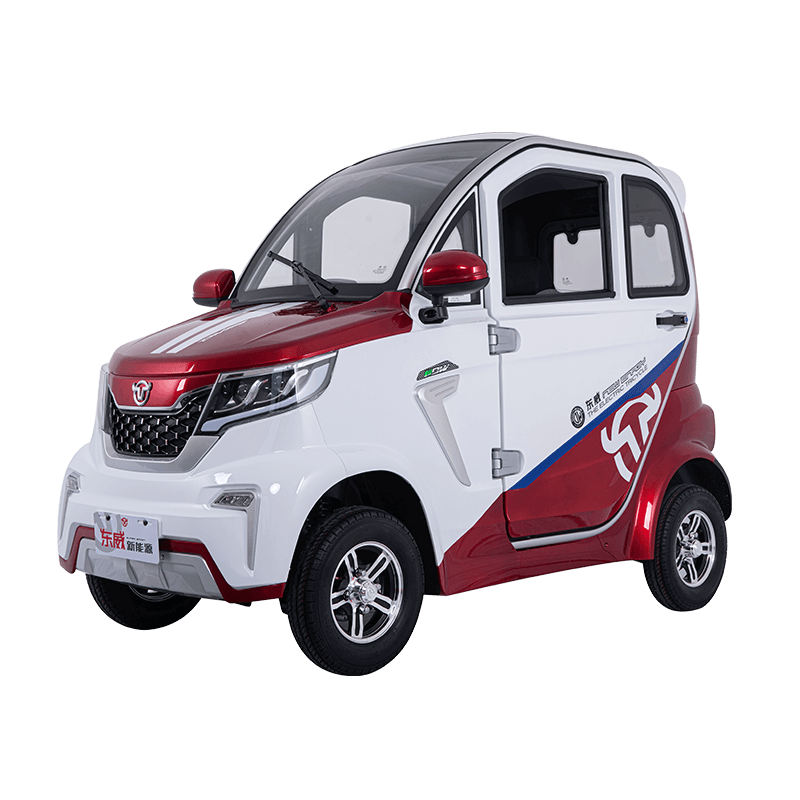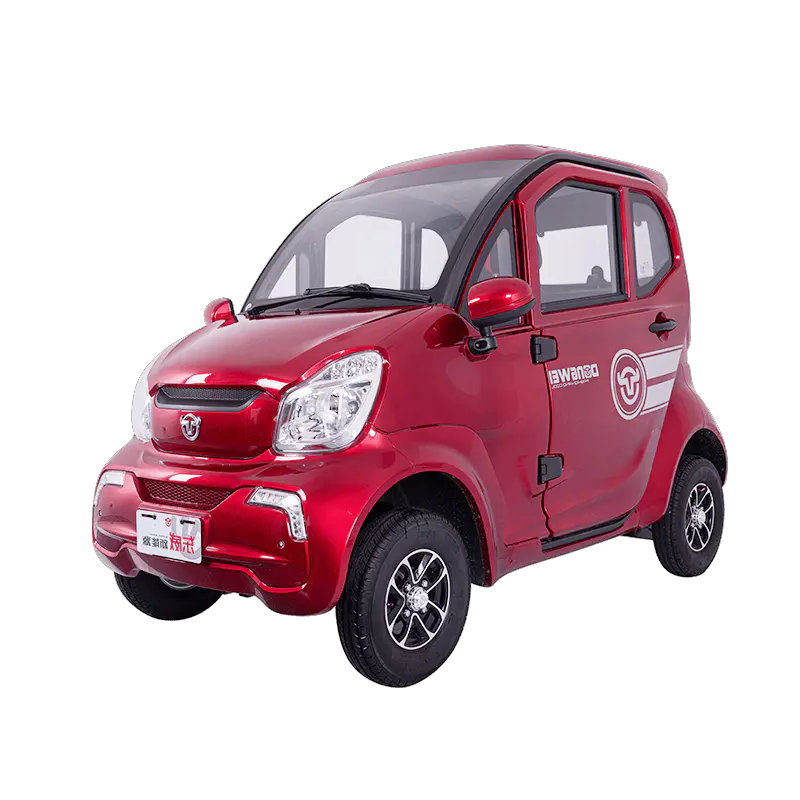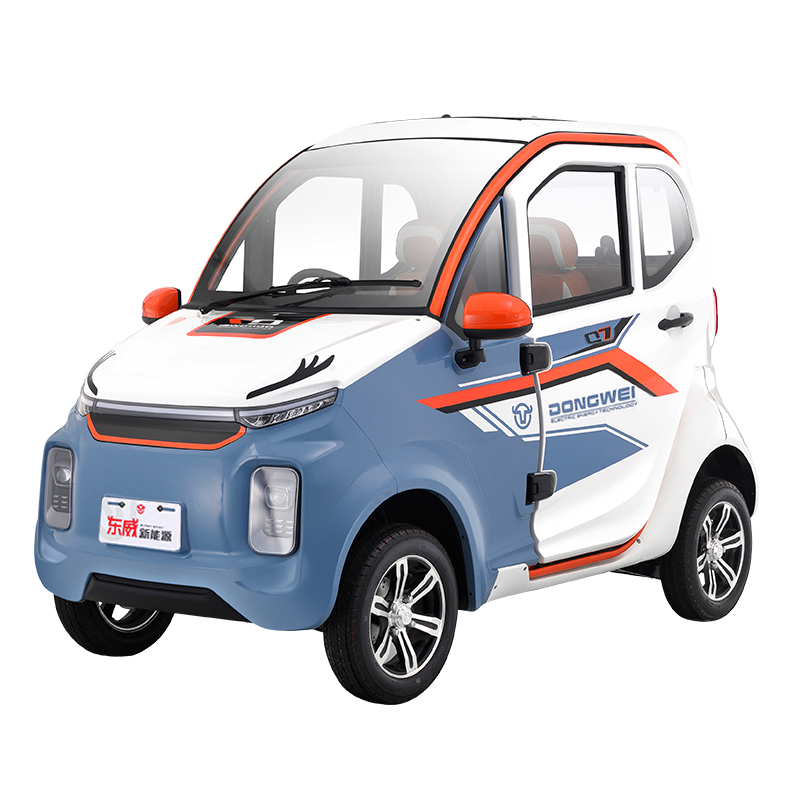The landscape of urban transportation is undergoing a significant transformation with the introduction and evolution of cabin car mobility scooters. These innovative vehicles blend the compact maneuverability of traditional scooters with the comfort and safety features of enclosed cabins, catering to a growing demand for efficient and eco-friendly commuting solutions in densely populated cities worldwide. As urban infrastructure adapts to accommodate new mobility trends, cabin car mobility scooters emerge as a promising option, offering commuters a practical and sustainable alternative to conventional modes of transportation.
Cabin car mobility scooters are distinguished by their ergonomic design and advanced features tailored to urban commuters' needs. The vehicles typically feature a fully enclosed cabin that shields riders from inclement weather, road noise, and air pollutants, ensuring a comfortable and secure travel experience regardless of external conditions. The interior layout prioritizes rider comfort with adjustable seating, ample legroom, and ergonomic controls that enhance accessibility and ease of operation.
Safety is paramount in the design of cabin car mobility scooters, incorporating features such as integrated seatbelts, airbags, and robust braking systems to ensure passenger protection. The enclosed cabin provides a protective shield against potential hazards on busy city streets, enhancing overall safety and peace of mind for riders.
Many cabin car mobility scooters are equipped with electric propulsion systems, offering silent operation and zero tailpipe emissions that contribute to cleaner urban air quality. Electric models reduce dependence on fossil fuels and promote environmental sustainability by minimizing carbon footprints and greenhouse gas emissions associated with traditional gasoline-powered vehicles. These eco-friendly attributes align with global efforts to combat climate change and reduce environmental impact in urban areas.
Furthermore, the efficiency of electric cabin car mobility scooters extends to their energy consumption and operational costs. Charging infrastructure continues to expand in urban centers, supporting seamless integration of electric vehicles into existing transportation networks and facilitating convenient recharging options for commuters.
Cabin car mobility scooters offer versatile configurations that cater to diverse commuter needs and preferences. Some models feature modular designs that allow for easy customization, transforming from single-seat commuter vehicles to cargo carriers or multi-passenger transports as required. This adaptability makes cabin car mobility scooters suitable for a range of urban mobility applications, including personal commuting, delivery services, and shared transportation fleets.
Technological advancements play a pivotal role in enhancing the functionality and user experience of cabin car mobility scooters. Integrated digital displays provide real-time information on vehicle status, battery life, and navigation, empowering riders with essential data for efficient route planning and seamless travel experiences. Connectivity features such as GPS tracking, smartphone integration, and wireless communication enable remote vehicle monitoring, firmware updates, and access to on-demand services, enhancing convenience and usability for commuters.
The market for cabin car mobility scooters is witnessing steady growth, driven by increasing urbanization, rising environmental consciousness, and evolving consumer preferences for sustainable transportation solutions. Manufacturers and startups are investing in research and development to innovate new models, improve battery technology, and expand market reach.
Consumer adoption of cabin car mobility scooters is driven by their practicality, affordability, and environmental benefits. Commuters seek alternatives to traditional vehicles that offer cost savings, convenience, and eco-friendly credentials without compromising on comfort or safety. As awareness of urban mobility challenges grows, cabin car mobility scooters are poised to play a significant role in reshaping urban transportation landscapes globally.
Despite their numerous advantages, cabin car mobility scooters face challenges such as infrastructure development, regulatory compliance, and market competition. The expansion of charging infrastructure and supportive policies will be critical in facilitating widespread adoption and integration into urban transportation networks.

 English
English 中文简体
中文简体